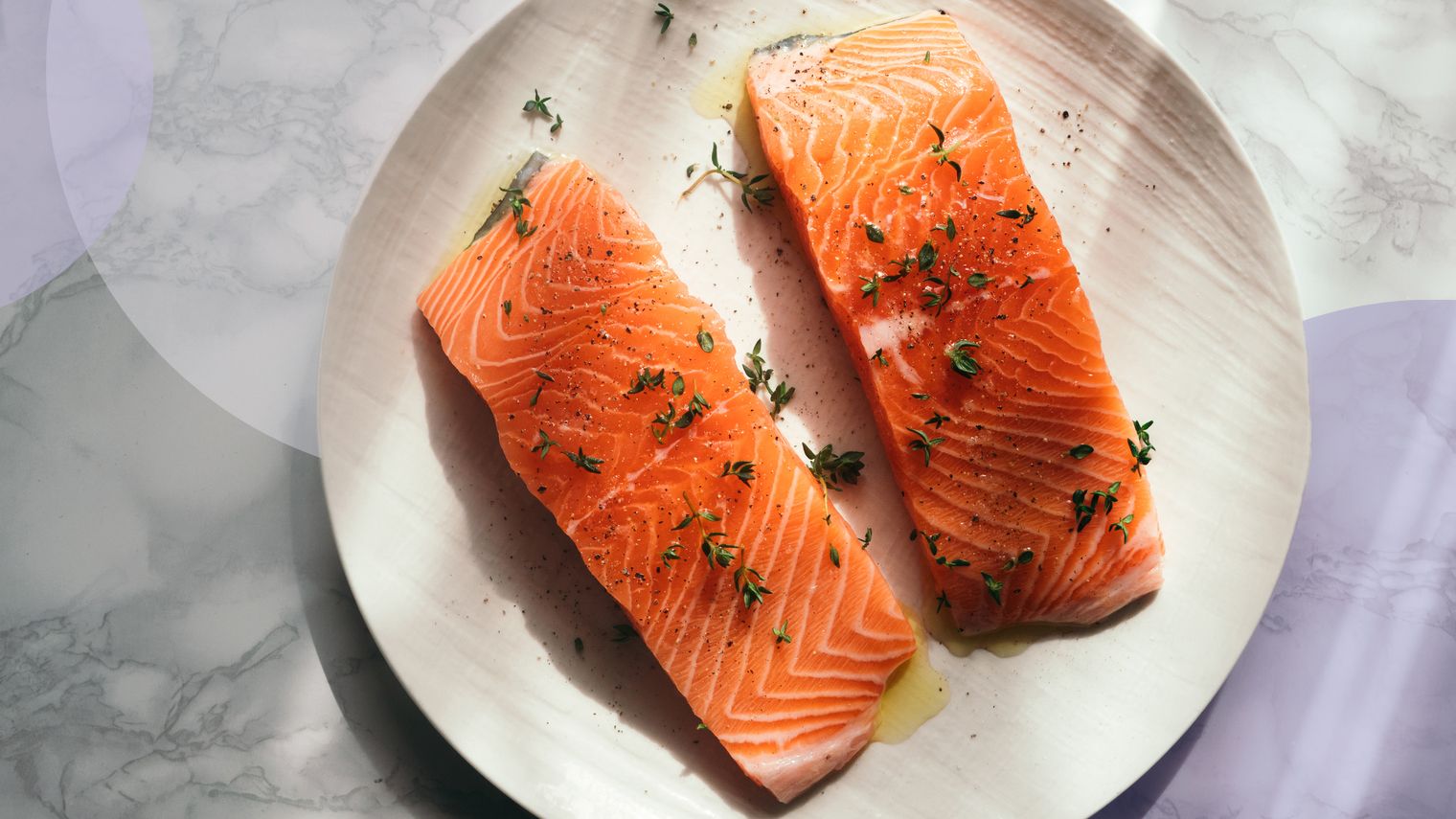What To Eat During a Crohn's Flare
December 15, 2023
Content created for the Bezzy community and sponsored by our partners. Learn More

Photography by Davide Illini/Stocksy United
Anti-inflammatory foods such as yogurt, lean protein, and peeled or cooked fruits and vegetables are dietary stars during an IBD flare.
A flare of Crohn’s disease means your symptoms get worse for a short period of time until they’re manageable again. During this time, eating can be tricky.
You may find that no food sounds appealing, or worry that eating the wrong thing may make the flare last longer or worsen your symptoms even further.
Certain foods may help reduce the severity of a Crohn’s flare, but you should keep in mind that, just like the condition, different foods can affect some people differently.
You may need to take it slow and try a few options before you land on the right combination that makes you feel better during a flare.


What are the symptoms of a Crohn‘s flare?
Like other chronic diseases, Crohn’s has periods of remission, when symptoms go away or significantly reduce, and flares, when symptoms worsen.
You may also experience entirely new symptoms during a flare. If this happens, consider discussing these changes with your doctor, who can help figure out what’s going on.
Crohn’s disease can cause a variety of symptoms during a flare, but the most common include:
- abdominal pain or cramping
- weight loss
- diarrhea
Other symptoms that can develop include:
- fever
- feeling tired or fatigued
- eye pain or redness
- painful or sore joints
- tender, red bumps on the skin
- loss of appetite
- nausea
Which foods help Crohn‘s symptoms?
Some people find that drinking more water and eating smaller meals can help during a flare.
Also, certain foods may help ease your symptoms or at least not cause them to worsen any further. Determining which foods reduce symptoms may take some trial and error.
It may help to write down the foods you eat and how you feel in a food diary to get a better idea of what foods help or hurt you during a flare.
The following foods may help during a Crohn’s flare-up:
Yogurt
Yogurt is a good source of protein, calcium, vitamins B2 and B12, and other nutrients.
Some evidence suggests that probiotic yogurt provides an anti-inflammatory effect in people with inflammatory bowel disease (IBD), which includes Crohn’s and ulcerative colitis (UC). More recent research shows similar results in people who have overweight.
You may want to look for low fat varieties since high fat content can trigger flares.
Vegetables and fruits
Recommendations for a balanced diet include eating a variety of vegetables and fruits. This is also true if you’re living with Crohn’s disease.
According to the findings of a 2021 review of studies, people who ate diets rich in fruits and vegetables had a lower chance of developing Crohn’s disease or UC.
Similarly, when researchers looked at diets that were rich in fiber from any source (including whole grains and legumes), they found that it reduced the risk of Crohn’s (but not UC).
They think this is because fiber helps change your gut’s microbiota in positive ways, but also believe other factors may be at play.
Still, fiber may not be a great choice during a Crohn’s flare-up because it’s difficult to digest and can irritate the digestive tract.
You may find that it helps to peel vegetables and fruits to help lower the amount of fiber in them.
You may also want to introduce fruits and vegetables into your diet slowly, perhaps with preserved fruits or thoroughly cooked vegetables.
These steps can help reduce the amount of fiber and make fruits and vegetables easier to digest.
Lean proteins
Lean proteins play an important part in your diet and overall health, but ”lean” is the important word here. Evidence suggests you should avoid animal proteins that are high in saturated fat — such as red meats — since they can have a pro-inflammatory effect.
Lean proteins help you get the nutrients you need from the protein while avoiding the issue of eating too much fat. Sources can include:
- egg whites
- skinless chicken or turkey breasts
- fish
- soy
Foods to avoid during a Crohn‘s flare
Some foods may worsen your symptoms during a flare. Though you may respond to them differently, some foods that people find triggering include:
- carbonated beverages
- high fiber foods including popcorn, nuts, and vegetable or fruit skins
- high calorie foods
- foods high in fat
- salty foods
You may find that drinking more water and eating smaller, more frequent meals is also beneficial for your Crohn’s symptoms. If you’re having trouble figuring out what foods to eat or avoid, talking with a doctor or nutritionist may help.
Eating out or when traveling may be a challenge, but this can be overcome with a bit of preparation.
The takeaway
Foods that often help people include lean proteins, fruits and vegetables, and yogurt.
Other foods may worsen symptoms during a flare. These can include foods high in fat, salt, or fiber. Carbonated drinks may also worsen your symptoms.
Everyone is different though, so the foods that work well for some may not work well for you.
Keeping a food journal with information on how you feel after eating may help you identify the most and least helpful foods for you during a flare.
Medically reviewed on December 15, 2023
5 Sources


Like the story? React, bookmark, or share below:
Have thoughts or suggestions about this article? Email us at article-feedback@bezzy.com.
About the author